

Articles
Car Jerking When AC Is On
Modified: December 6, 2023
Discover helpful articles on why your car may be jerking when the AC is on. Learn how to troubleshoot and fix this common issue for a smoother driving experience.
(Many of the links in this article redirect to a specific reviewed product. Your purchase of these products through affiliate links helps to generate commission for Storables.com, at no extra cost. Learn more)
Introduction
One of the most frustrating experiences for any car owner is when their vehicle starts jerking or stuttering while the air conditioning (AC) is turned on. Not only can this issue ruin the comfort of your ride, but it can also be a sign of a more serious underlying problem.
When the car’s AC is turned on, it puts an additional load on the engine, requiring more power to operate the compressor and keep the cabin cool. Any disruption in this process can lead to the car jerking or hesitating, causing discomfort and concern.
In this article, we will explore the potential causes of car jerking when the AC is turned on, common symptoms to watch out for, the potential consequences of ignoring the issue, and troubleshooting steps to resolve the problem.
Key Takeaways:
- Address car jerking when the AC is on promptly to prevent engine damage, AC system failure, increased fuel consumption, and uncomfortable driving experiences. Regular maintenance and timely repairs are crucial.
- Common causes of car jerking when the AC is on include low refrigerant levels, faulty compressors, electrical issues, dirty air filters, and engine misfires. Recognize symptoms and seek professional assistance for accurate diagnosis and repairs.
Read more: Car Squeals When AC Is On
Causes of Car Jerking when AC is On
Several factors can contribute to a car jerking when the AC is turned on. Understanding these causes can help you address the issue promptly and prevent any further damage. Here are some common culprits:
-
Low refrigerant level: One possible cause of car jerking when the AC is on is a low refrigerant level. The AC system relies on a sufficient amount of refrigerant to cool the air. When the refrigerant level is low, it puts additional strain on the system, resulting in the car jerking or hesitating.
-
Faulty compressor: The compressor is a crucial component of the AC system. It is responsible for compressing the refrigerant and circulating it through the system. If the compressor is faulty or failing, it may not be able to handle the extra load when the AC is turned on, causing the car to jerk.
-
Electrical issues: Electrical problems, such as a faulty AC relay or a loose connection, can also lead to car jerking when the AC is on. These issues can disrupt the smooth operation of the AC system and cause the engine to misfire or hesitate.
-
Dirty or clogged air filters: A dirty or clogged cabin air filter or engine air filter can restrict airflow to the engine, causing it to struggle when the AC is turned on. This can result in a rough running engine and jerky movements.
-
Engine misfires: When an engine misfires, it means that one or more cylinders are not firing correctly. This can occur due to issues with the ignition system, fuel delivery, or engine sensors. Misfires can lead to a jolting sensation when the AC is turned on, as the engine is unable to maintain smooth operation.
These are just a few of the potential causes of car jerking when the AC is turned on. It is important to have a professional diagnosis to accurately identify the underlying issue.
Common Symptoms of Car Jerking when AC is On
When your car experiences jerking or stuttering while the AC is turned on, you may notice several accompanying symptoms. These signs can help you narrow down the potential causes and seek appropriate repairs. Here are some common symptoms to watch out for:
-
Engine hesitation: The engine may hesitate or stumble when the AC is turned on, especially during acceleration. You may feel a loss of power or a jolting sensation.
-
Fluctuating RPM: The engine’s RPM (revolutions per minute) may fluctuate while the AC is on, indicating an irregularity in its functioning.
-
Stalling: In severe cases, the car may even stall or completely shut down when the AC is turned on, leaving you stranded.
-
Reduced cooling performance: If you notice that the AC system isn’t cooling the cabin as effectively as it used to, it could be a sign of a problem, leading to jerking or rough running.
-
Strange noises: Unusual noises, such as rattling or grinding sounds, coming from the engine compartment can indicate an issue with the AC system, causing the car to jerk.
Keep in mind that these symptoms alone may not provide a definitive diagnosis. Consulting with a qualified mechanic and conducting a proper inspection is necessary to pinpoint the exact cause.
Key Takeaways:
- Address car jerking when the AC is on promptly to prevent engine damage, AC system failure, increased fuel consumption, and uncomfortable driving experiences. Regular maintenance and timely repairs are crucial.
- Common causes of car jerking when the AC is on include low refrigerant levels, faulty compressors, electrical issues, dirty air filters, and engine misfires. Recognize symptoms and seek professional assistance for accurate diagnosis and repairs.
Read more: Car Squeals When AC Is On
Causes of Car Jerking when AC is On
Several factors can contribute to a car jerking when the AC is turned on. Understanding these causes can help you address the issue promptly and prevent any further damage. Here are some common culprits:
-
Low refrigerant level: One possible cause of car jerking when the AC is on is a low refrigerant level. The AC system relies on a sufficient amount of refrigerant to cool the air. When the refrigerant level is low, it puts additional strain on the system, resulting in the car jerking or hesitating.
-
Faulty compressor: The compressor is a crucial component of the AC system. It is responsible for compressing the refrigerant and circulating it through the system. If the compressor is faulty or failing, it may not be able to handle the extra load when the AC is turned on, causing the car to jerk.
-
Electrical issues: Electrical problems, such as a faulty AC relay or a loose connection, can also lead to car jerking when the AC is on. These issues can disrupt the smooth operation of the AC system and cause the engine to misfire or hesitate.
-
Dirty or clogged air filters: A dirty or clogged cabin air filter or engine air filter can restrict airflow to the engine, causing it to struggle when the AC is turned on. This can result in a rough running engine and jerky movements.
-
Engine misfires: When an engine misfires, it means that one or more cylinders are not firing correctly. This can occur due to issues with the ignition system, fuel delivery, or engine sensors. Misfires can lead to a jolting sensation when the AC is turned on, as the engine is unable to maintain smooth operation.
These are just a few of the potential causes of car jerking when the AC is turned on. It is important to have a professional diagnosis to accurately identify the underlying issue.
A low refrigerant level is a common cause of car jerking when the AC is on. The AC system relies on the proper amount of refrigerant to cool the air that is blown into the cabin. When the refrigerant level is low, the system has to work harder to produce cold air, which can cause the engine to jerk or hesitate.
The compressor is another component that can cause car jerking when the AC is on. The compressor is responsible for compressing the refrigerant and circulating it through the system. If the compressor is faulty or failing, it may not be able to handle the extra load when the AC is turned on, resulting in jerky movements of the car.
Electrical issues can also contribute to car jerking when the AC is on. A faulty AC relay or a loose connection can disrupt the smooth operation of the AC system and cause the engine to misfire or hesitate. This can lead to a jerking sensation while driving.
Dirty or clogged air filters can restrict airflow to the engine, causing it to struggle when the AC is turned on. A dirty cabin air filter or engine air filter can result in a rough running engine and jerky movements of the car.
Engine misfires can also be a culprit behind car jerking when the AC is on. When an engine misfires, it means that one or more cylinders are not firing correctly. This can occur due to issues with the ignition system, fuel delivery, or engine sensors. Misfires can lead to a jolting sensation when the AC is turned on, as the engine is unable to maintain smooth operation.
It is important to note that these are just a few potential causes of car jerking when the AC is on. Proper diagnosis by a qualified mechanic is necessary to identify the exact issue and provide appropriate solutions.
Common Symptoms of Car Jerking when AC is On
When your car experiences jerking or stuttering while the AC is turned on, you may notice several accompanying symptoms. These signs can help you narrow down the potential causes and seek appropriate repairs. Here are some common symptoms to watch out for:
-
Engine hesitation: One of the most noticeable symptoms of car jerking when the AC is on is engine hesitation. The engine may hesitate or stumble when the AC is turned on, especially during acceleration. You may feel a loss of power or a jolting sensation.
-
Fluctuating RPM: Another common symptom is fluctuating RPM (revolutions per minute). When the AC is on, you may notice that the engine’s RPM fluctuates, going up and down unexpectedly. This can indicate an irregularity in the engine’s functioning and may result in the car jerking.
-
Stalling: In more severe cases, the car may even stall or completely shut down when the AC is turned on. This is a serious symptom that should not be ignored, as it can leave you stranded and require immediate attention.
-
Reduced cooling performance: If you find that the AC system isn’t cooling the cabin as effectively as it used to, it could be a sign of a problem. When the AC system struggles to function properly, it can cause the car to jerk or run roughly.
-
Strange noises: Unusual noises coming from the engine compartment while the AC is on can also be a symptom of car jerking. Rattling, grinding, or clicking sounds may indicate an issue with the AC system, causing the jerky movements of the car.
It’s important to note that these symptoms may not occur in isolation, and multiple symptoms can be present simultaneously. It is essential to pay attention to any changes or irregularities in your car’s behavior when the AC is turned on.
If you experience any of these symptoms, it is advisable to have your car inspected by a qualified mechanic. They can perform diagnostic tests and identify the underlying cause of the jerking when the AC is on. Prompt attention to these symptoms can prevent further damage to your car and ensure a smooth and comfortable driving experience.
Read more: Car Overheats When AC Is On
Potential Consequences of Ignoring the Issue
Ignoring the issue of car jerking when the AC is turned on can have a range of potential consequences. While it may be tempting to overlook the problem initially, it is important to address it promptly to prevent further damage and potential safety hazards. Here are some potential consequences of ignoring the issue:
-
Engine damage: If the cause of the jerking is related to engine misfires or electrical issues, ignoring the problem can lead to serious engine damage. Continuous jerking and rough running of the engine can put stress on various engine components, such as the pistons, crankshaft, and valves. This can result in costly repairs or even engine failure.
-
AC system failure: Ignoring the jerking issue can also lead to eventual failure of the AC system. If the root cause, such as a faulty compressor or low refrigerant level, is not addressed, it can put additional strain on the AC system. Over time, this can cause the AC system to malfunction or completely stop working, leaving you without cool air during hot weather.
-
Increased fuel consumption: A car jerking when the AC is on can cause the engine to work harder and consume more fuel. The jerking motion and the engine hesitation result in an inefficient combustion process and increased fuel consumption. This can lead to higher fuel expenses and reduced fuel efficiency.
-
Uncomfortable driving experience: Ignoring the jerking issue can make your driving experience uncomfortable. Continuous jerking or hesitation can affect the overall smoothness of the ride, making it difficult to maintain control of the vehicle. This can compromise your safety and the safety of other road users.
-
Possible breakdowns: If the jerking issue is left unaddressed, it can lead to unexpected breakdowns. The strain on the engine and the AC system can cause other components to fail, such as the alternator or the battery. This can result in more extensive repairs and inconvenience.
It’s essential to remember that the consequences of ignoring the issue can vary depending on the specific cause of the jerking. However, in any case, delaying repairs and neglecting the problem can lead to more severe and costly issues down the line.
Therefore, it is strongly recommended to seek professional assistance from a qualified mechanic as soon as you notice any jerking or hesitation when the AC is turned on. They can diagnose the problem accurately, provide appropriate repairs, and ensure that your car operates smoothly and safely, both with and without the AC turned on.
Troubleshooting and Solutions for Car Jerking when AC is On
Experiencing car jerking when the AC is turned on can be frustrating, but there are troubleshooting steps you can take to identify and potentially resolve the issue. Keep in mind that some problems may require professional assistance, so consult with a qualified mechanic if you’re unsure about performing these steps yourself. Here are some troubleshooting and solutions for car jerking when the AC is on:
-
Check refrigerant levels: Start by checking the refrigerant levels in your AC system. If the levels are low, it may indicate a leak. In such cases, it’s important to have the leak repaired and the system recharged by a professional.
-
Inspect the compressor: Have the compressor inspected by a mechanic to ensure it is functioning correctly. If the compressor is found to be faulty, it may need to be replaced to resolve the jerking issue.
-
Address electrical issues: If you suspect an electrical problem, such as a faulty AC relay or loose connection, have an electrician or mechanic check and fix the issue. They can properly diagnose the problem and replace any faulty components.
-
Change air filters: Check and replace both the cabin air filter and engine air filter if they are dirty or clogged. Restricted airflow can cause the engine to struggle, leading to jerking. Regularly replacing the air filters can prevent this issue from occurring.
-
Schedule an engine tune-up: Consider scheduling a tune-up for your engine. This can involve checking and replacing spark plugs, ignition coils, and other components that contribute to smooth engine operation.
-
Have a diagnostic scan: A diagnostic scan by a professional mechanic can identify any underlying engine or AC system issues. They will use specialized tools to retrieve error codes and pinpoint the problem accurately.
-
Repair engine misfires: If the jerking is due to engine misfires, address the underlying cause. Depending on the specific issue, this may involve replacing faulty ignition coils, spark plugs, or repairing the fuel delivery system.
-
Maintain regular AC system maintenance: Regular maintenance, such as cleaning or replacing air conditioning system components, can help prevent issues that lead to car jerking. Consult the vehicle owner’s manual for recommended maintenance intervals.
Remember that troubleshooting steps may vary depending on the make and model of your vehicle and the exact cause of the jerking issue. If you’re unsure or unable to perform these steps yourself, it’s always best to seek professional assistance. A qualified mechanic can properly diagnose and fix the problem, ensuring your car runs smoothly when the AC is turned on.
Lastly, remember to schedule regular maintenance for your vehicle to prevent future issues. Proper care and timely repairs can keep your car operating at its best and minimize the chances of experiencing jerking or other problems when the AC is turned on.
Conclusion
Experiencing car jerking when the AC is turned on can be a frustrating and concerning issue. However, understanding the common causes, symptoms, potential consequences, and possible solutions can help you address the problem effectively. It’s important to take prompt action to prevent further damage and ensure a safe and comfortable driving experience.
Low refrigerant levels, a faulty compressor, electrical issues, dirty air filters, and engine misfires are among the common culprits of car jerking when the AC is on. Recognizing the symptoms, such as engine hesitation, fluctuating RPM, stalling, reduced cooling performance, and strange noises, can guide you in narrowing down the potential causes and seeking appropriate repairs.
Ignoring the issue of car jerking when the AC is on can lead to various consequences, including engine damage, AC system failure, increased fuel consumption, uncomfortable driving experience, and possible breakdowns. Therefore, it is vital to address and resolve the problem promptly to avoid more extensive damage and expenses.
When troubleshooting the issue, options include checking refrigerant levels, inspecting the compressor, addressing electrical issues, changing air filters, scheduling an engine tune-up, having a diagnostic scan, repairing engine misfires, and maintaining regular AC system maintenance. Consulting with a qualified mechanic is recommended for accurate diagnosis and appropriate repairs.
In conclusion, car jerking when the AC is on is a problem that should not be ignored. By understanding the causes, symptoms, potential consequences, and troubleshooting steps, you can take the necessary actions to rectify the issue and ensure a smooth and comfortable ride. Regular maintenance and timely repairs are key to preventing future occurrences and maintaining the overall performance of your vehicle.
Frequently Asked Questions about Car Jerking When AC Is On
Was this page helpful?
At Storables.com, we guarantee accurate and reliable information. Our content, validated by Expert Board Contributors, is crafted following stringent Editorial Policies. We're committed to providing you with well-researched, expert-backed insights for all your informational needs.
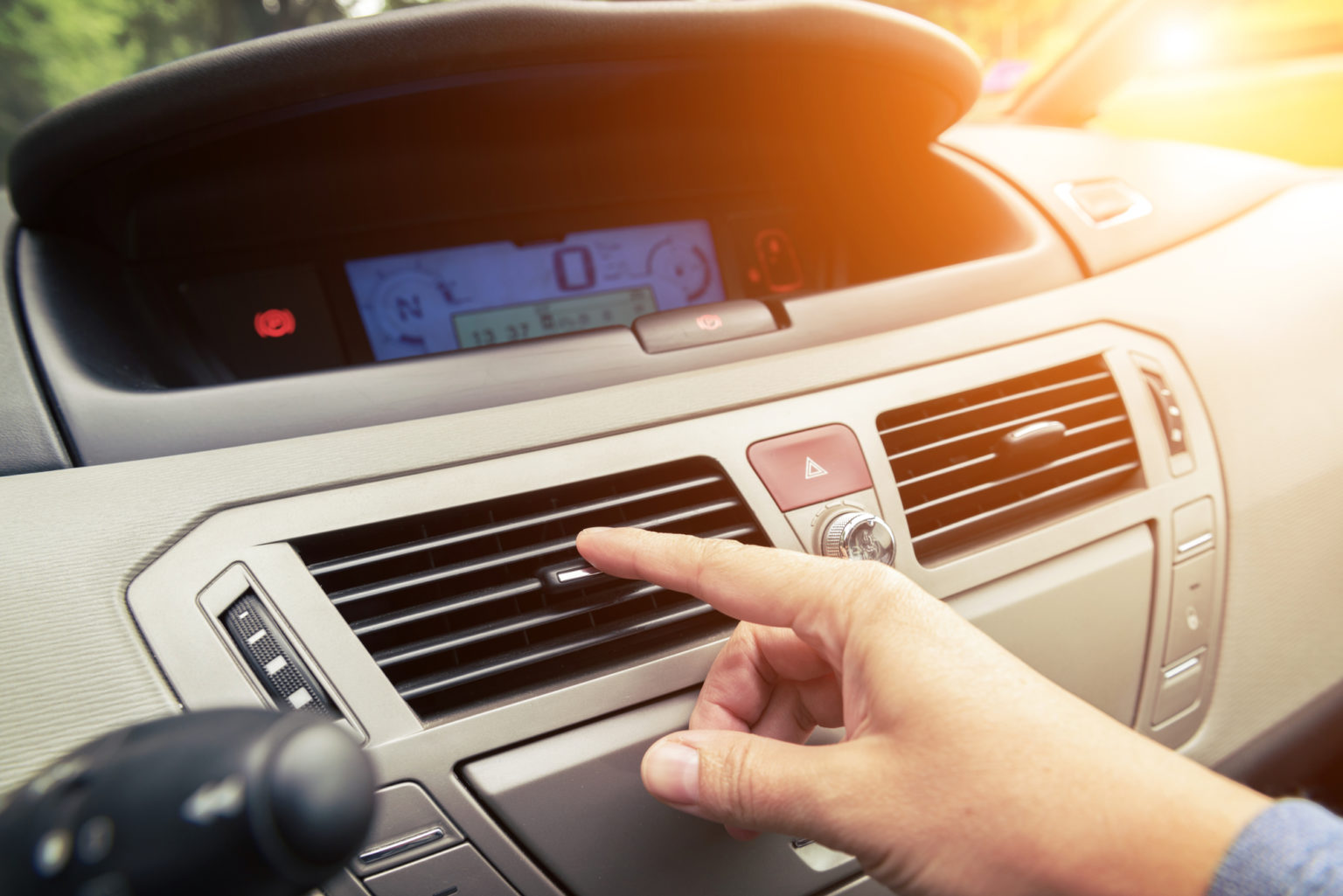
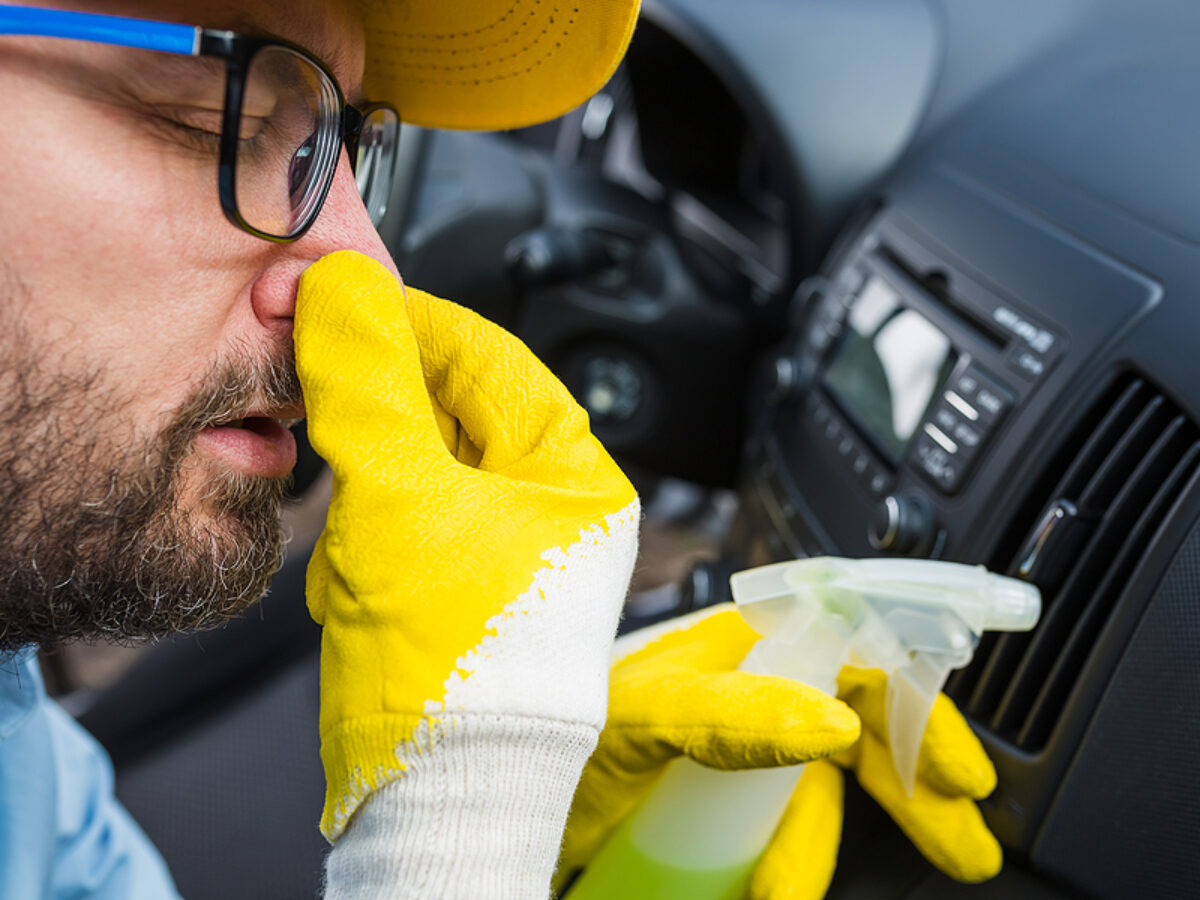
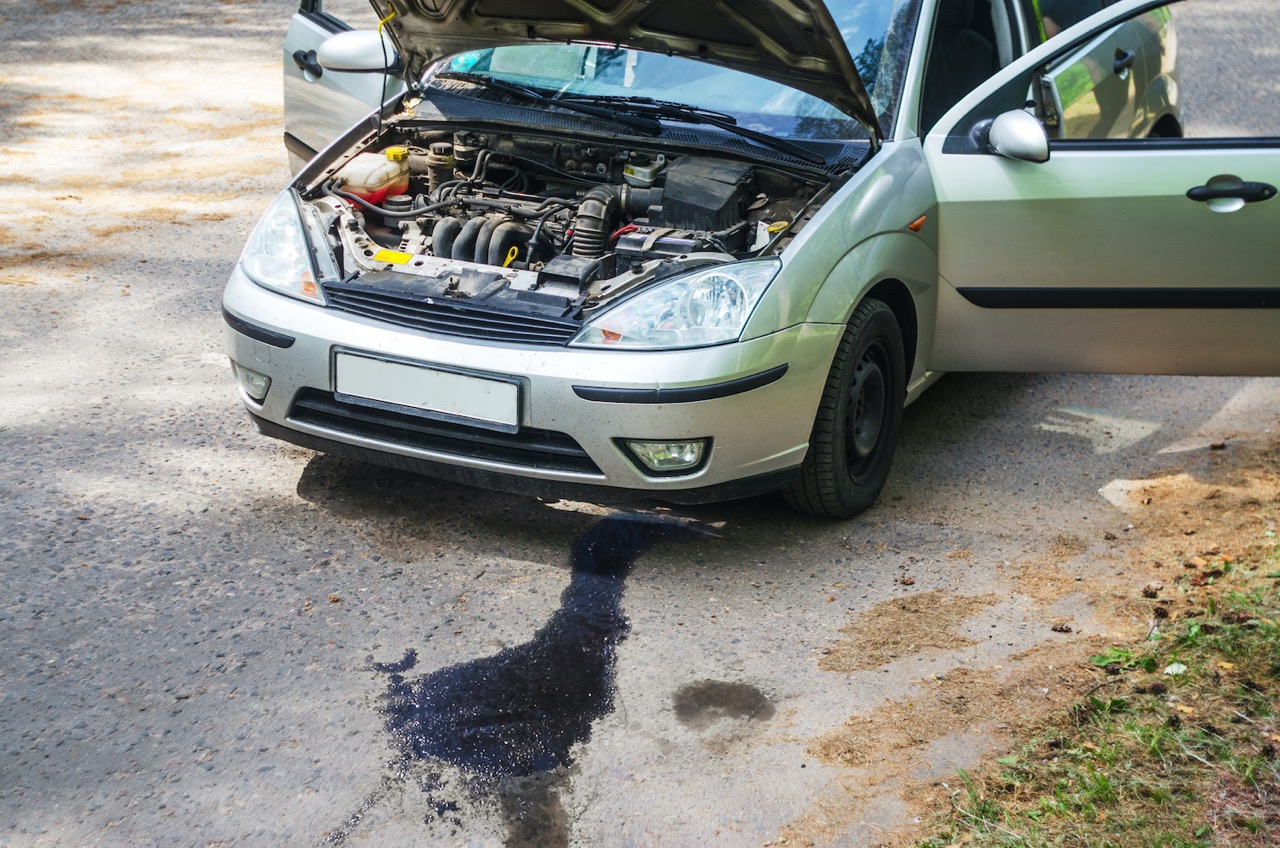

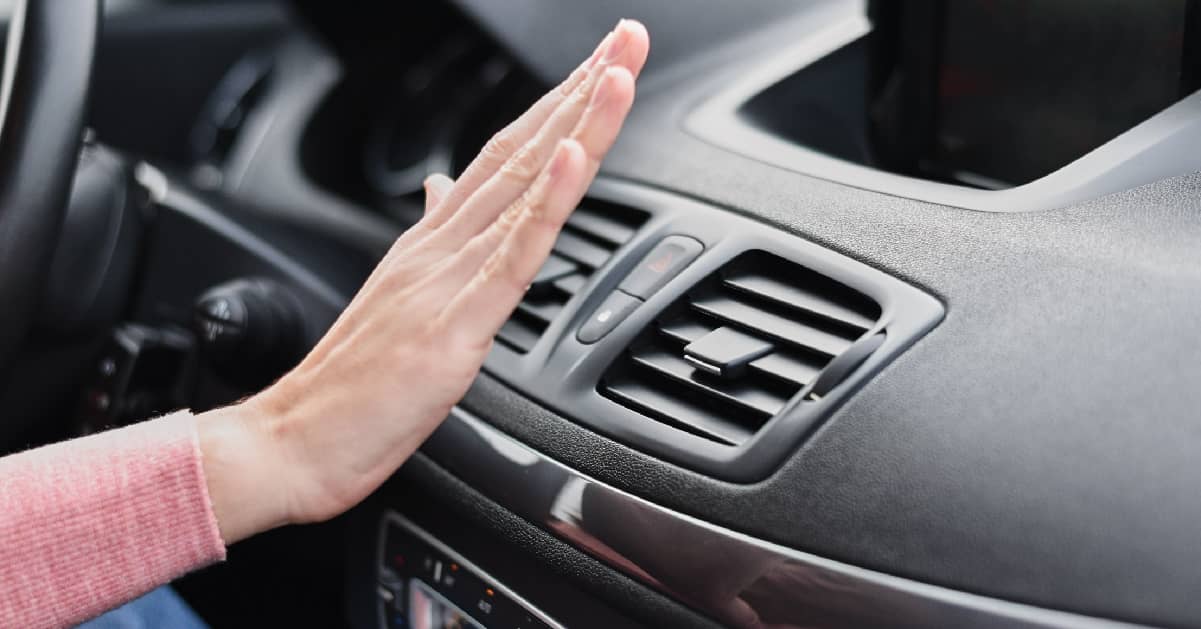


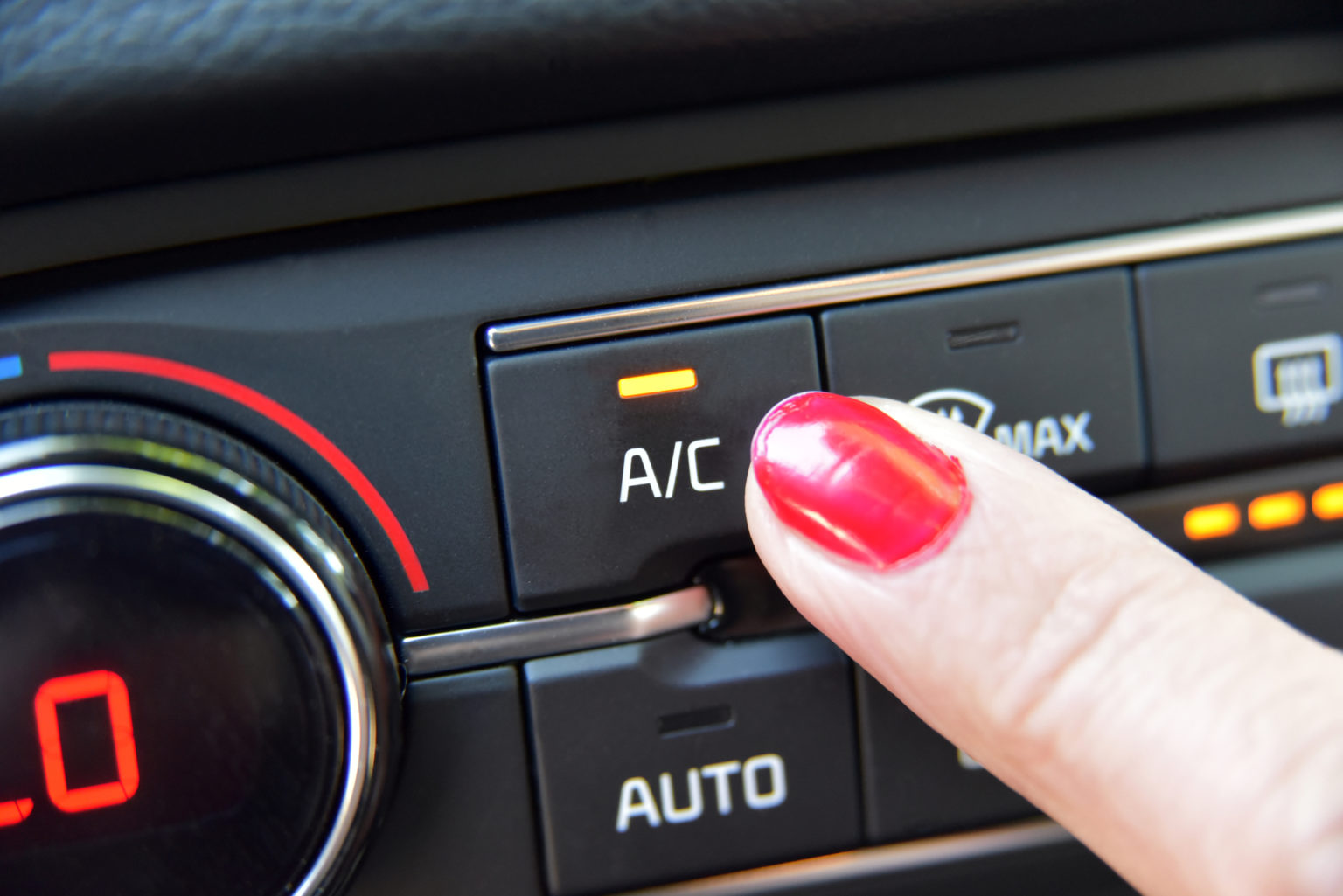
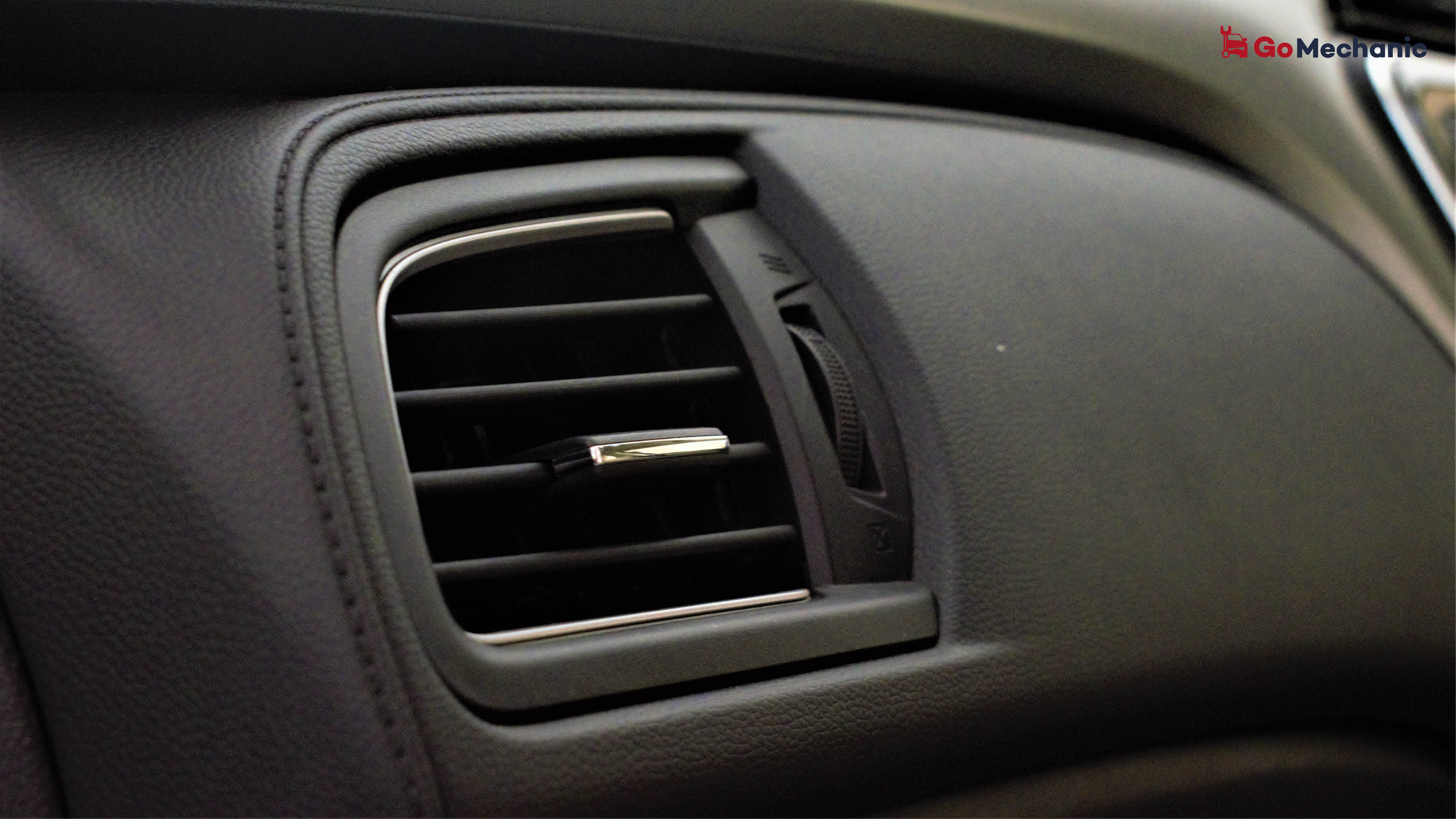
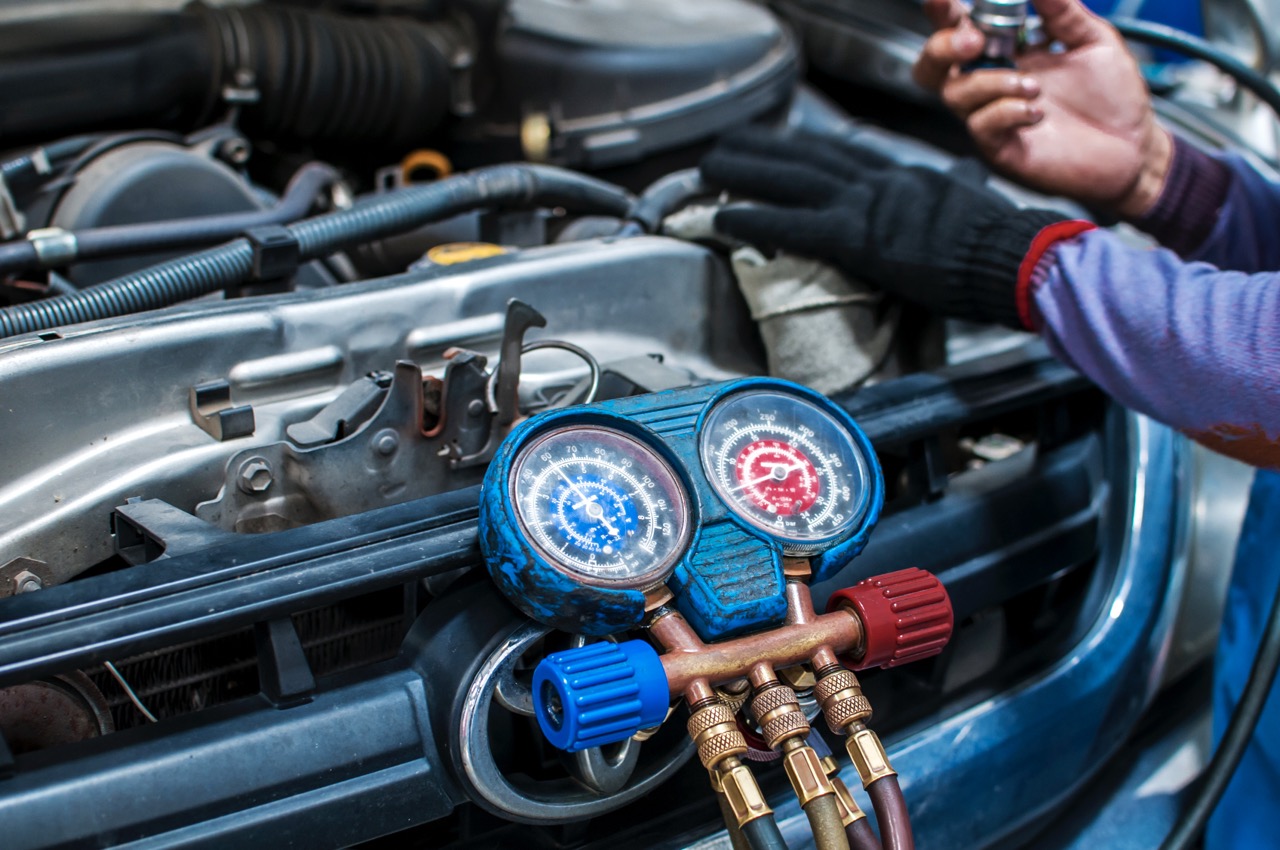
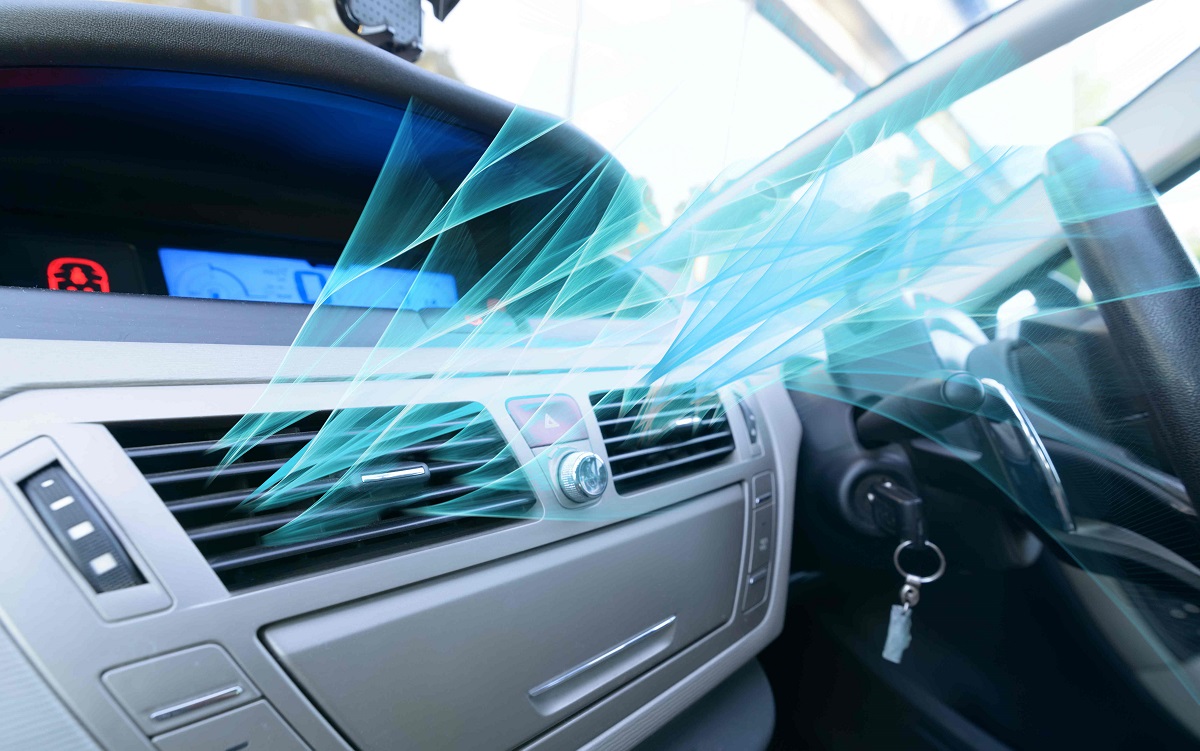
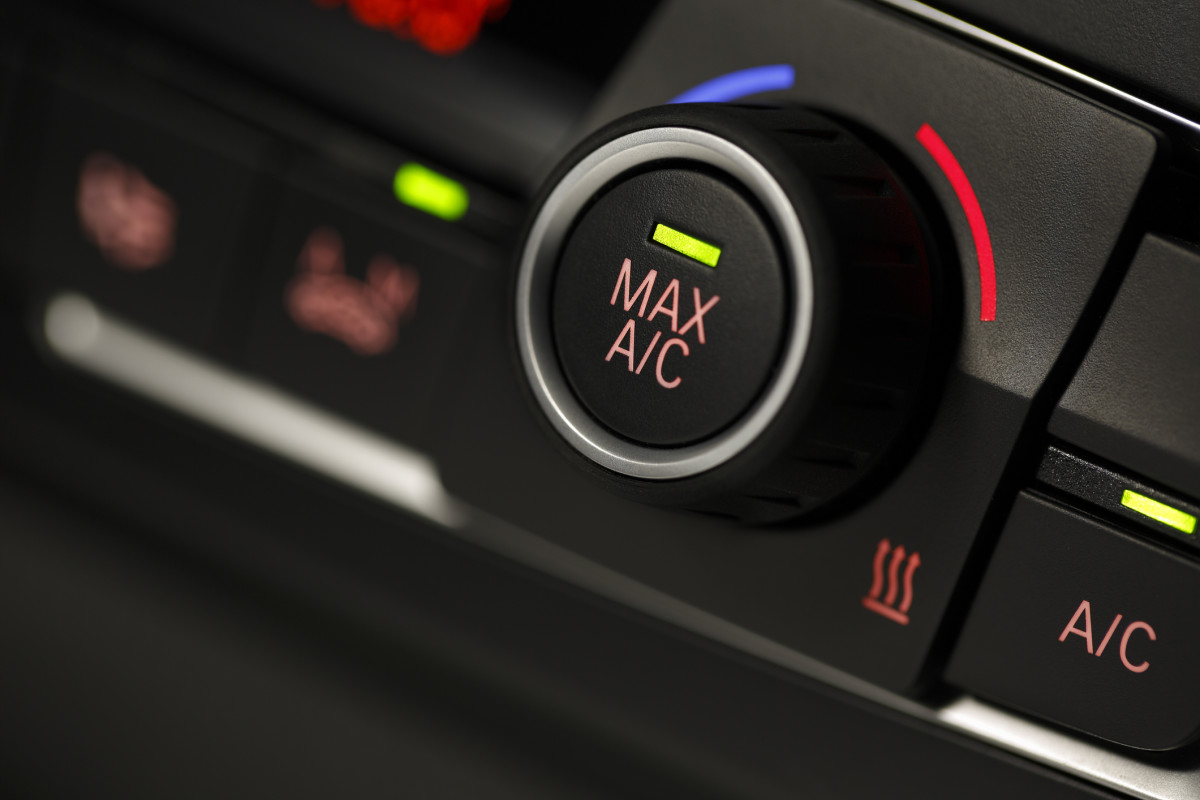
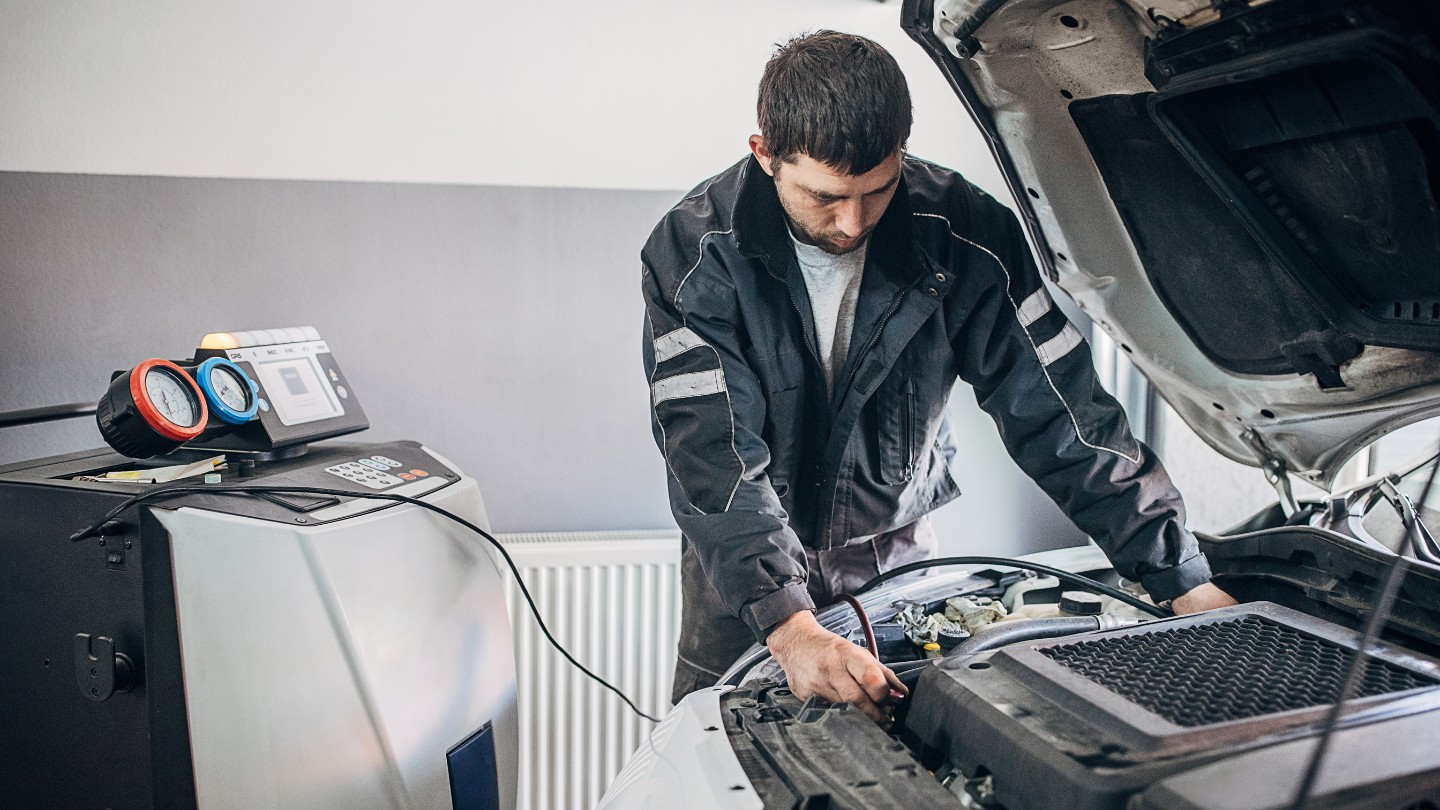
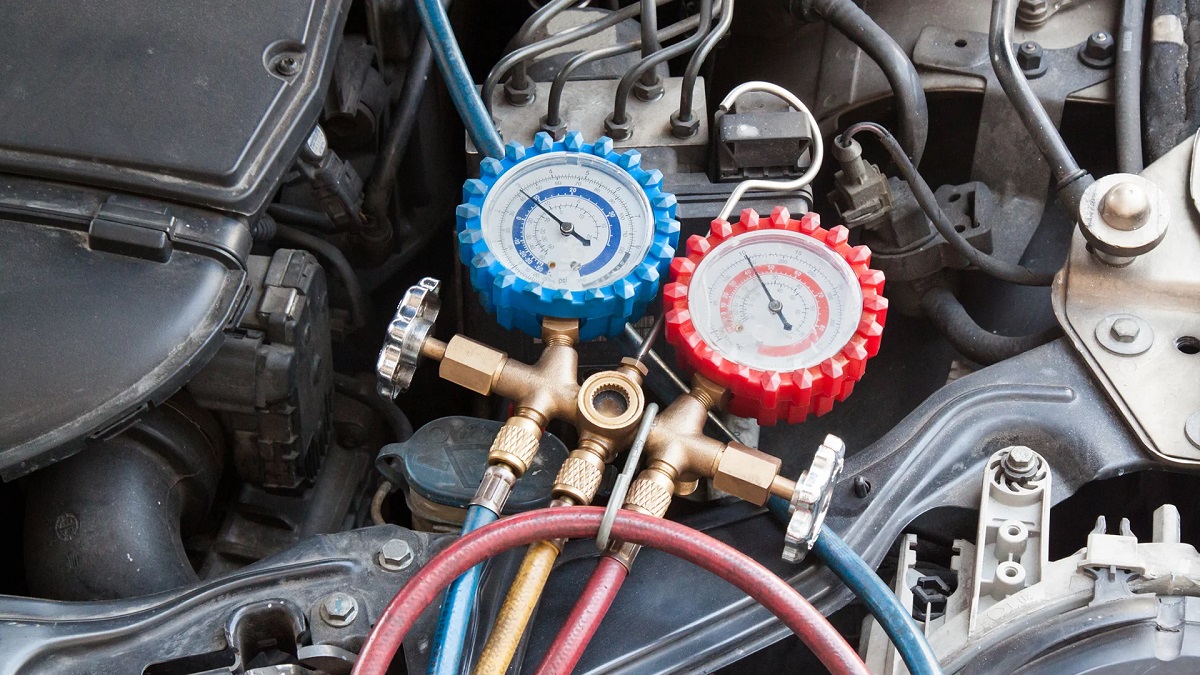

0 thoughts on “Car Jerking When AC Is On”